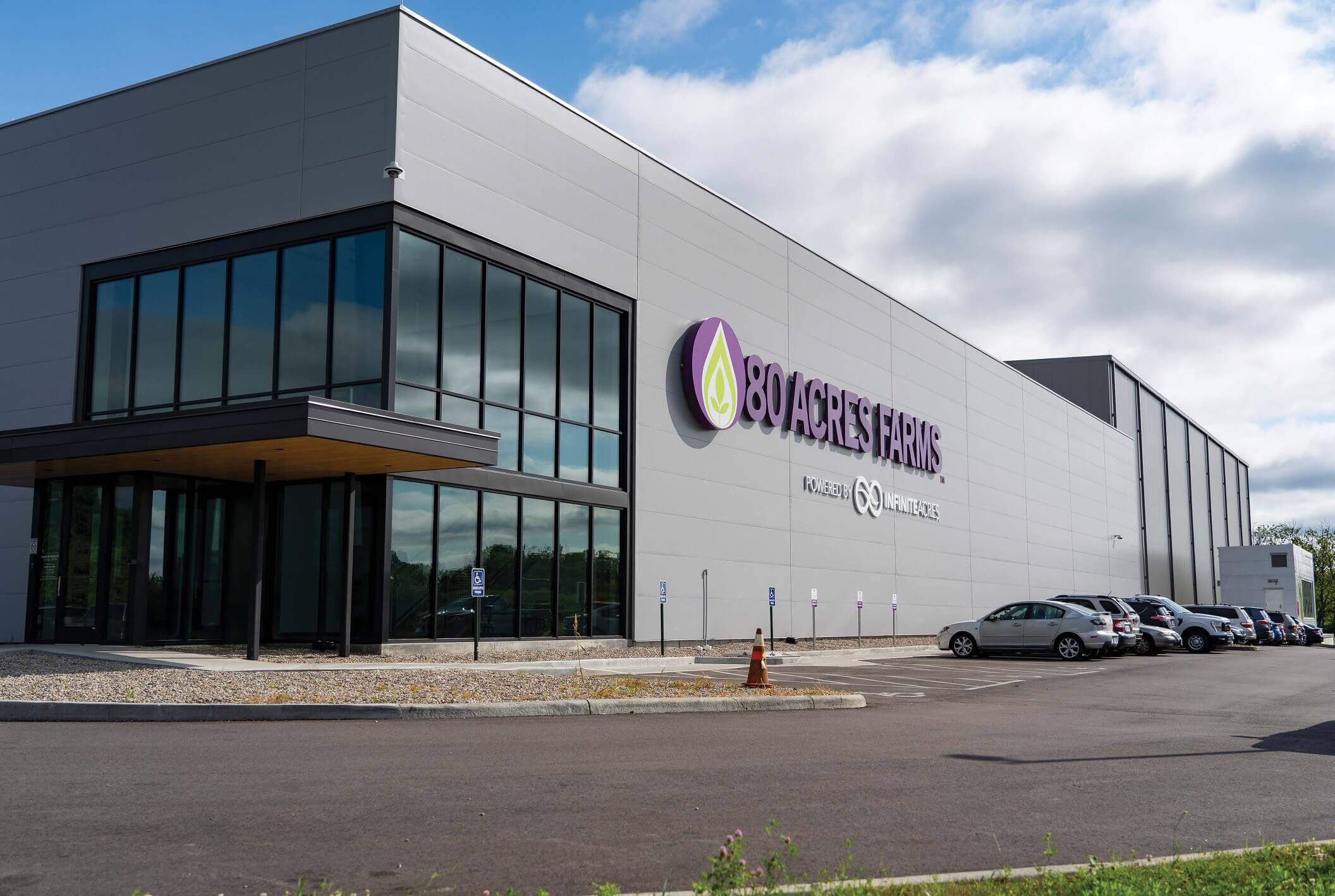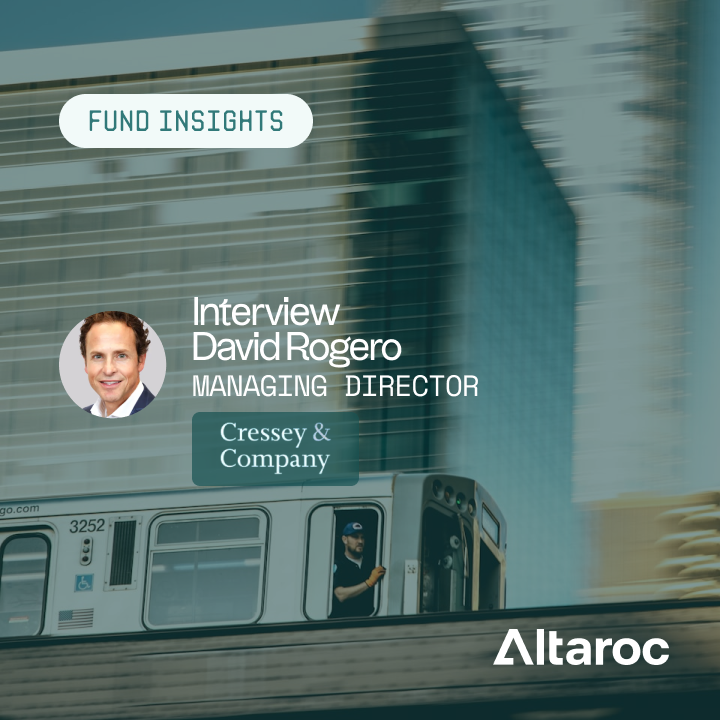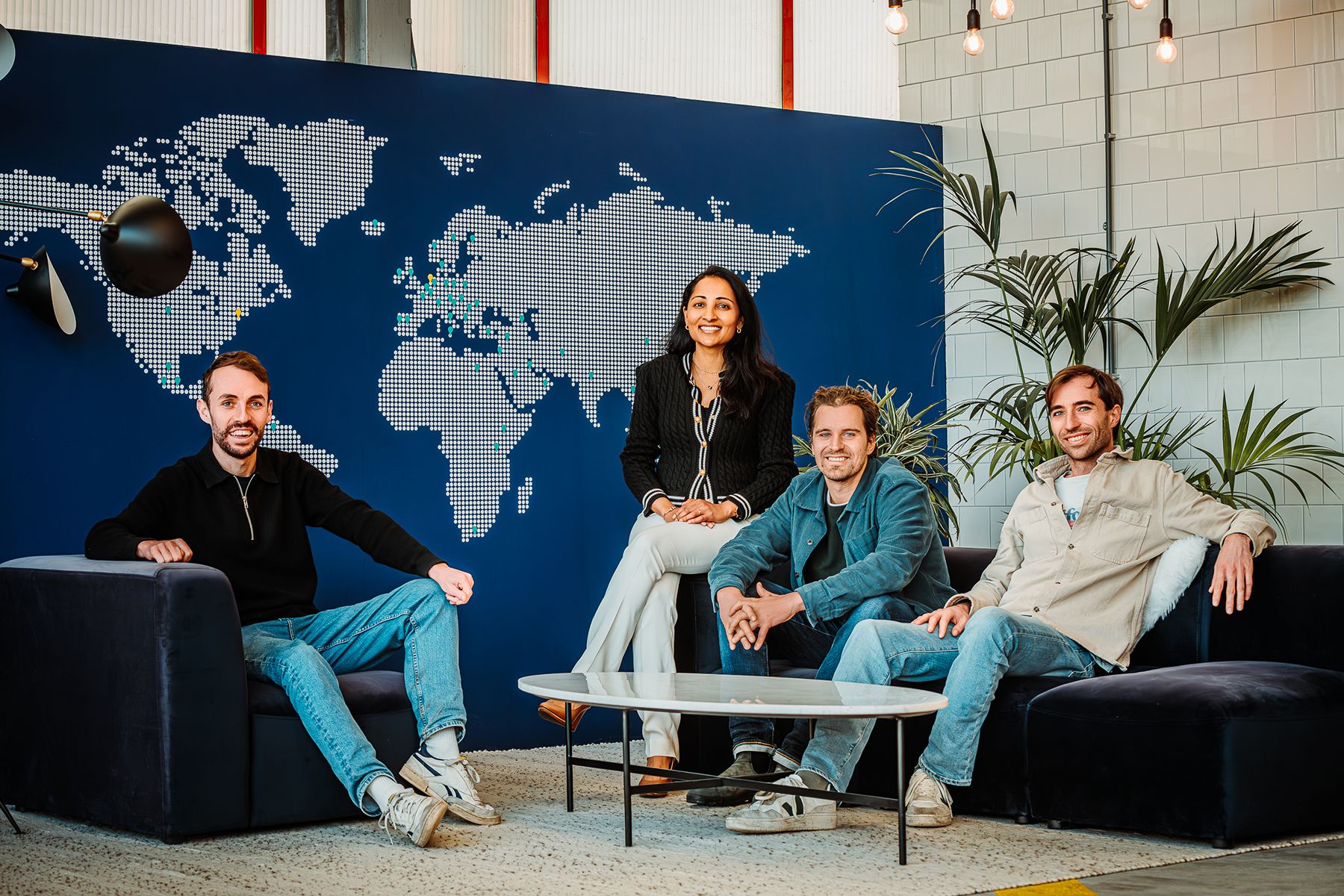
Whether you're an individual, a company, an insurance company, a pension fund or an investment fund, it's now impossible to ignore environmental, social and governance (ESG) issues. The health and economic crisis caused by the Covid-19 pandemic has accelerated the pace of change. More than ever, savers are looking for meaning in their investments. They want their money to have a virtuous impact on society and the planet.

ESG criteria now form the basis of extra-financial analysis, measuring the viability of a company's strategy and its ethical and environmental impact.
Some companies are already leading the way in a number of fields, including agriculture and food. They top international rankings of positive-impact companies. Such is the case of 80 Acres Farms in the United States, which deploys a system of vertical farms that are both efficient and environmentally friendly. Also in the U.S., Afresh has developed an artificial intelligence designed to manage forecasts, inventories and orders for fresh produce stores, in order to reduce food waste as much as possible. This is also the aim of Franco-German unicorn Choco, which has built its model on better order management between restaurants and their suppliers.

Head for the USA, where 80 Acres Farms has developed a system of vertical farms that consume 97% less water than traditional agricultural structures, while being powered by renewable energies.

Its farms, which don't need favorable soil or weather conditions, rely on robots and innovative analysis to offer consumers a wide variety of pesticide-free foods with extended shelf life that exceed the highest food safety standards.
80 Acres Farms grows 300 times more food per square metre than a traditional farm. Thanks to its local production system, close to consumers, the company also minimizes CO2 emissions linked to transport. Water and land use are optimized, reducing agricultural waste.
"Just 10 years ago, this project was the stuff of science fiction. Tomorrow, vertical farms will be so ubiquitous that we'll wonder how we ever managed to live without them.says Mike Zelkind, co-founder and CEO of 80 Acres Farms.
Based in Ohio, 80 Acres Farms now supplies over 600 retail and foodservice stores across the country. Present in the Vintage Altaroc Odyssey 2021, the company recorded sales of around 9 million euros in 2022, up 23% year-on-year. Revenue growth is estimated at nearly 250% in 2023.
The company won the "Best Crop Innovation" and "Best Water Saving Initiative" awards at the Vertical Farming World Awards. It also recently announced a partnership to integrate Siemens technology into its vertical farms. The seeding, growing and harvesting stages will be automated using a combination of robotic sensors and artificial intelligence.
PHOTO
Also in the United States, Afresh, a company featured in the Vintage Altaroc Odyssey 2021, has developed an artificial intelligence system designed to manage forecasts, inventories and orders for fresh produce stores, in order to minimize food waste and give people access to high-quality fresh food.
Food waste is a real problem on a global scale: uneaten food accounts for 4 billion tonnes of CO2 emissions and nearly 20% of global water consumption. 40 billion dollars worth of food is thrown away by grocery stores every year in the United States.
The forecasting technology developed by Afresh therefore enables food stores to reduce waste and better manage their inventories, with the direct result of increasing profits by an average of over $100,000 per year per store equipped.
"Food, more than anything else, shapes the health of individuals and our planet. We founded Afresh with the goal of eliminating food waste and making nutritious food more accessible" explains Matt Schwartz, the company's co-founder and CEO.
In concrete terms, employees in stores equipped with the Afresh solution use iPads to specify the number of foodstuffs (apples, tomatoes, etc.) remaining in stock, and the software makes automated suggestions to determine the new quantity to order.
Afresh has increased its customer base by a factor of 3 by 2021, signing with regional chains such as CUB, and national ones such as Albertsons. It now equips 3,300 stores in 40 US states. On average, stores equipped with Afresh solutions reduce their food waste by 25% and see their sales grow by 2% to 4%, with an operating margin up 40%.

"We're telling CFOs: you're going to beat your numbers! announces Mr. Schwartz.

The Franco-German unicorn Choco, featured in the Vintage Altaroc Odyssey 2021, is also on a mission to combat food waste. It simplifies order management for restaurants, and currently works with 15,000 chefs and 10,000 suppliers to manage over 100,000 orders a month.
Choco was founded in 2018 by a Frenchman, Grégoire Ambroselli, and two Germans, Daniel Khachab and Julian Hammer, based on a simple observation: by placing orders with their suppliers by phone, email or SMS, restaurateurs rely on supply chains that can lead to information loss. The result? Restaurateurs lose an average of 28% of food products. So the 3 co-founders came up with the idea of creating a common platform for restaurateurs and suppliers. Restaurant owners can access all their orders at a glance, and easily track and manage their inventory.
The food industry market is worth 90 billion euros in France, and remains largely undigitized. Growth margins are therefore enormous for players like Choco, and the entire foodservice industry will become more competitive thanks to the adoption of digital tools.
"For the past 2 years, digitalization has been developing at high speed among wholesalers. The market demands ever faster and more efficient order processing. At Choco, we operate at the heart of the agri-food chain, offering unrivalled transparency and efficiency thanks to the functionalities offered by the platform", explains Grégoire Ambroselli.
The Choco app enjoys excellent user engagement feedback and is positioning itself as a key player in rethinking the food supply chain, at a time when ESG challenges are becoming increasingly important.
The Choco application is free, but the company has developed a fee-based service to integrate suppliers' orders directly into their ERP system, so they don't have to enter their orders manually every time.
The company surpassed a $1.1 billion valuation in March 2022, officially achieving unicorn status.



















%20Canary.jpg)
